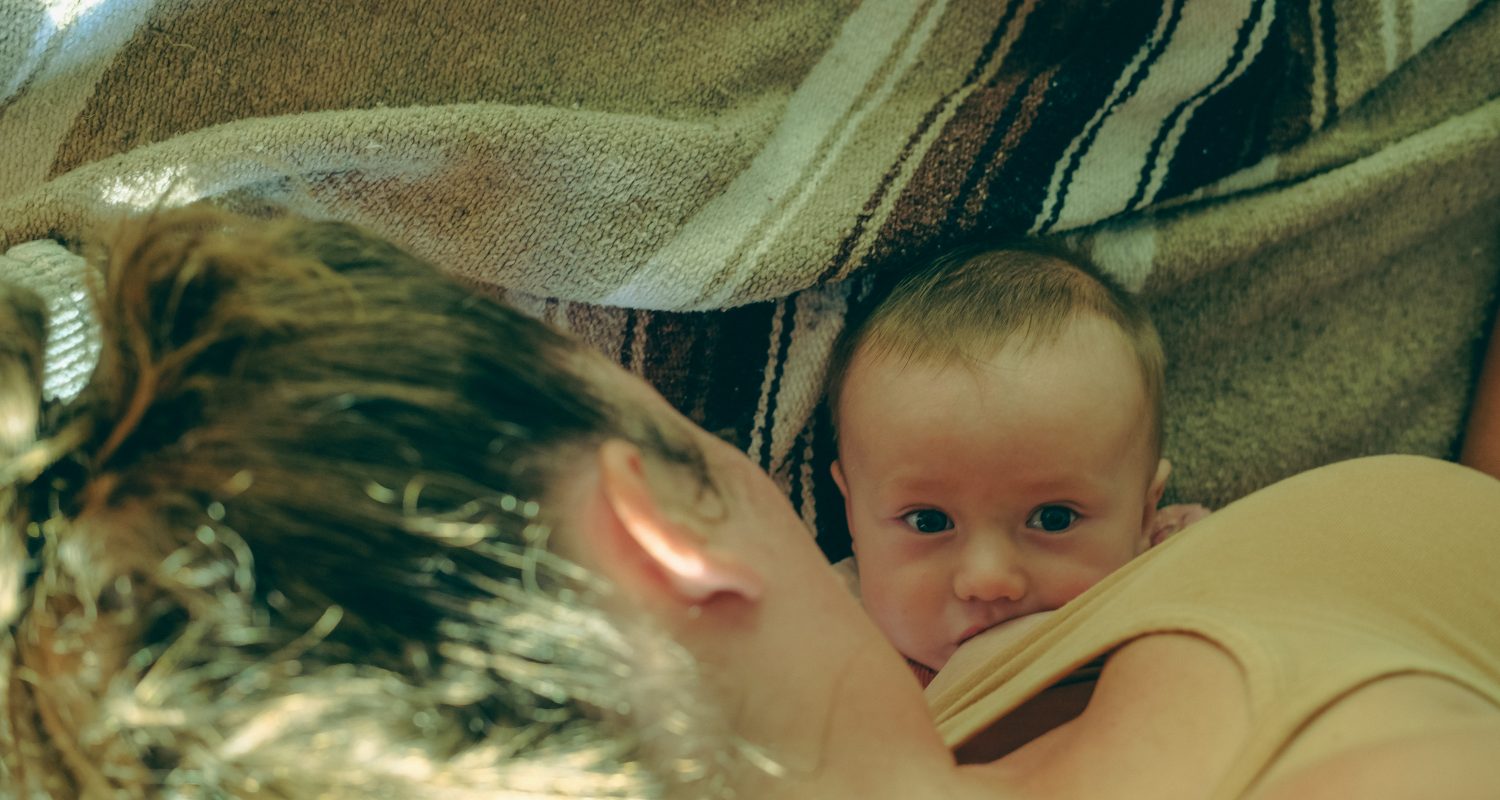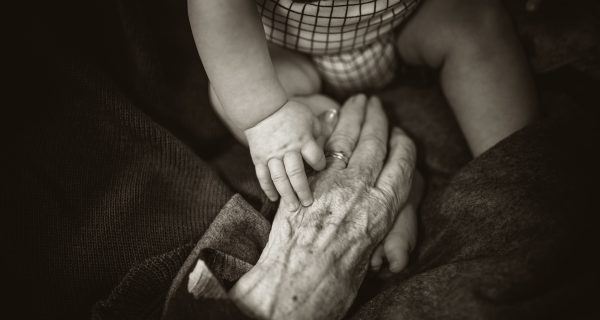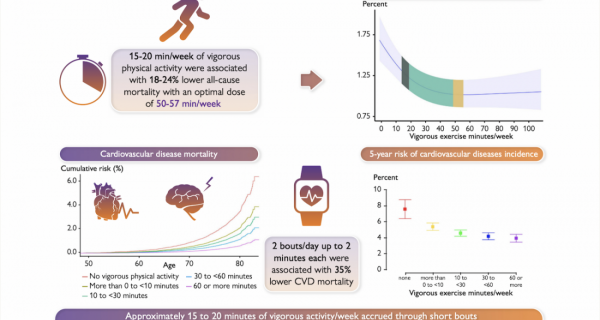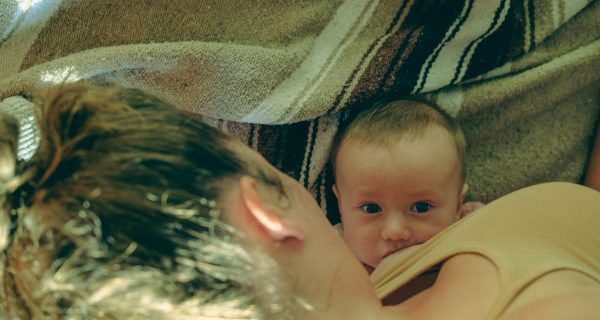Babies fed exclusively on breast milk are less likely to get sick, Irish study finds
Exclusive breastfeeding for 90+ days is associated with protection against childhood morbidity and is also significantly linked with reduced health resource use in the form of hospital admission and reduced length of hospital stay.

By 2025, the World Health Organization (WHO) aims to reach a 50% universal exclusive breastfeeding rate in the first 6 months of a baby’s life. This is expected to significantly reduce maternal, neonatal, infant, and childhood mortality as well as reduce overall health risks.
Human milk has long been believed to protect infants against infections. Previous scientific research has proven the health, social, and economic importance of breastfeeding, including lower infant and young child morbidity and mortality from diarrhea and other infectious diseases. The health benefits for mothers who breastfeed include a reduced risk of breast, ovarian, cervical, and endometrial cancers, as well as reduced risk of anemia and protection against osteoporosis and hip fracture.
In a study recently published in BMC Public Health, part of Springer Nature, researchers aim to investigate the relationship between exclusive breastfeeding for at least 90 days and the incidence of infant illnesses in an Irish cohort. The authors hypothesize that in an Irish infant cohort with high breast milk substitute use, morbidity among infants aged 0–9 months will be significantly lower in the exclusively breastfed cohort.
To prove their hypothesis, they collect data obtained from the “Growing Up in Ireland” (GUI) survey, a longitudinal cohort study of a nationally representative sample of over 11,000 infants.
The results from the study show that infants who were exclusively breastfed for 90+ days were significantly less likely to be admitted to the hospital, spent fewer nights in the hospital, and were less likely to develop respiratory diseases including asthma, common colds, chest infections, eczema, ear infections, skin problems, vomiting, and colic indicating a protective effect of breastfeeding. Nonetheless, it is important to also note that infants who were exclusively breastfed were also more likely to fail to gain weight and to develop nappy rash.
Interestingly enough, the study also indicates that given the population of 73,996 Irish infants born in 2008, the year the GUI survey was collected, there would have been 17,766 fewer nights spent in hospital if all infants were exclusively breastfed for at least 90 days versus none of them being breastfed.

































